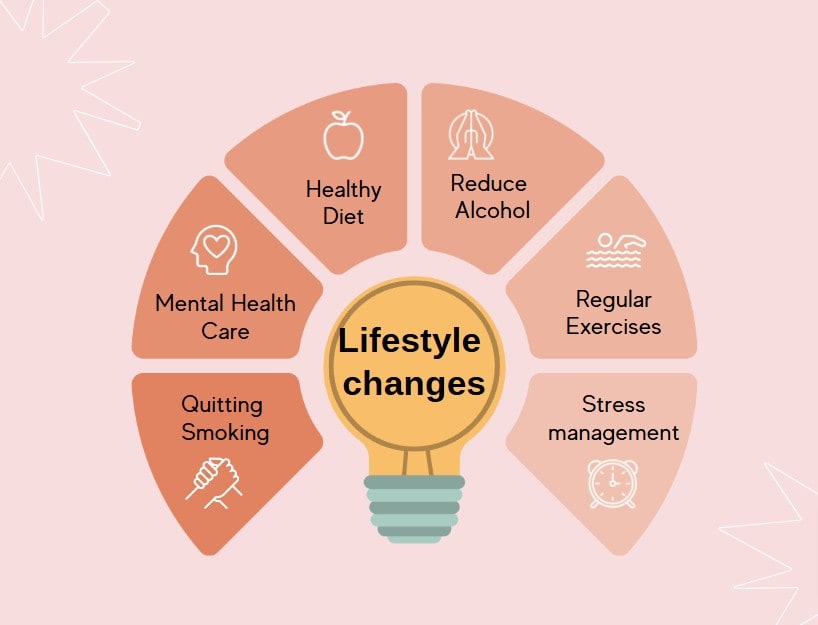Premature ejaculation is a common sexual health condition that affects many men at some point in their lives. It occurs when ejaculation happens sooner than desired during sexual activity, often leading to frustration, embarrassment and lack of confidence. While the exact definition varies, premature ejaculation is generally classified as ejaculation occurring within the first few minutes of penetration or before a person wishes.
Understanding the causes and available treatments is essential for managing and overcoming premature ejaculation. Many men struggle with this issue in silence, but effective solutions are available, ranging from simple behavioural techniques to medical treatments. The good news is that premature ejaculation is highly treatable, and various options can help improve control, enhance sexual satisfaction and restore confidence.
Understanding Premature Ejaculation
Premature ejaculation can be categorised into two main types: lifelong (primary) and acquired (secondary). Lifelong premature ejaculation occurs when a person has experienced difficulty controlling ejaculation since their first sexual encounter. This is often linked to genetic factors, heightened penile sensitivity or neurological differences affecting ejaculatory control. Acquired premature ejaculation develops later in life, often due to physical or psychological factors. Unlike primary premature ejaculation, men with secondary premature ejaculation may have previously had normal ejaculatory control but later began experiencing difficulties.
Several factors contribute to premature ejaculation.
- Psychological factors play a significant role, with anxiety, stress and performance-related pressure being common causes. Relationship issues, such as poor communication or emotional disconnection, can also lead to sexual difficulties.
- Depression and low self-esteem further contribute to premature ejaculation by affecting overall confidence and comfort during sexual activity.
- Biological factors can also be responsible. Hormonal imbalances, particularly low serotonin levels, have been linked to ejaculation control problems. Some men experience increased nerve sensitivity in the penile region, making it difficult to delay ejaculation.
- Genetic predisposition may also influence ejaculation timing, with some men naturally having a lower threshold for stimulation.
- Lifestyle factors can further exacerbate premature ejaculation. Poor overall health and a sedentary lifestyle can affect sexual performance, while smoking and excessive alcohol consumption can negatively impact blood flow and nerve function.
- Additionally, a lack of sexual experience or exposure to different sexual techniques can lead to overly-heightened arousal and reduced control.
Behavioural Techniques to Improve Control
For many men, premature ejaculation can be effectively managed with simple behavioural techniques that help delay climax and improve ejaculatory control. One of the most common methods is the start-stop technique, which involves stopping sexual activity just before ejaculation and resuming once the sensation subsides. Over time, this helps increase control and delay climax.
- The squeeze technique is another effective strategy. This involves applying pressure to the tip or base of the penis when feeling close to ejaculation. By temporarily reducing sensitivity, this method helps men prolong sexual activity.
- Strengthening the pelvic floor muscles through Kegel exercises can also be beneficial. These exercises, which involve contracting and holding the pelvic muscles, help improve ejaculatory control by increasing muscular strength and endurance. A useful video can be found here.
- Mindfulness and deep breathing exercises can also help men manage premature ejaculation. Stress and anxiety can exacerbate the problem, so relaxation techniques can help maintain control and focus. Find a helpful video for deep breathing techniques here.
Medical Treatments for Premature Ejaculation
For men who struggle with persistent premature ejaculation, medical treatments can provide effective relief.
- Oral medications, such as selective serotonin reuptake inhibitors (SSRIs), are commonly prescribed to help delay ejaculation. While these medications are typically used to treat depression, they have been found to increase the time it takes to ejaculate.
- Medications such as paroxetine, fluoxetine and sertraline can be effective in treating premature ejaculation, though they may take several weeks to show noticeable improvements.
- Topical treatments, such as numbing creams and sprays, can also help delay ejaculation by reducing penile sensitivity. Lidocaine and prilocaine creams are often applied before intercourse and washed off before penetration. These treatments can be particularly useful for men who experience heightened nerve sensitivity.
- Some over-the-counter supplements may also help improve ejaculatory control. L-arginine, for example, is known to enhance blood flow and erectile function.
- Zinc is another important nutrient for testosterone production and sexual health, while adaptogens such as ashwagandha can help manage stress-related premature ejaculation.
- An innovative treatment option that has shown promising results is erectile dysfunction (ED) shockwave therapy. This therapy improves blood flow to the penile tissue and enhances nerve sensitivity, which can help with better control and longer-lasting erections. While typically used for erectile dysfunction, some men with premature ejaculation have reported improvements in ejaculatory control following shockwave therapy.
Lifestyle Changes to Improve Sexual Stamina
Adopting a healthier lifestyle can significantly improve sexual performance and reduce the likelihood of premature ejaculation.

Seeking Professional Help
While many men can manage premature ejaculation with self-help techniques, professional intervention may be necessary in some cases. Men should consider seeking medical advice if the problem persists despite lifestyle changes or if it is negatively impacting their relationships.
Several specialists can help diagnose and treat premature ejaculation.
- Urologists specialise in male reproductive and urinary health,
- sex therapists address psychological aspects of premature ejaculation and
- endocrinologists assess hormonal imbalances that may contribute to the issue.
During a consultation, a doctor will discuss medical history, perform physical examinations and may recommend tests to determine the underlying cause of premature ejaculation. Based on the findings, they may suggest behavioural techniques, medication or therapy.
Take the First Step Towards Effective Treatment
Premature ejaculation is a common but treatable condition, and men do not have to struggle with it alone. Whether through behavioural techniques, medical treatments or lifestyle adjustments, there are effective strategies to improve ejaculatory control and enhance sexual confidence. Combining different approaches often leads to the best outcomes.


